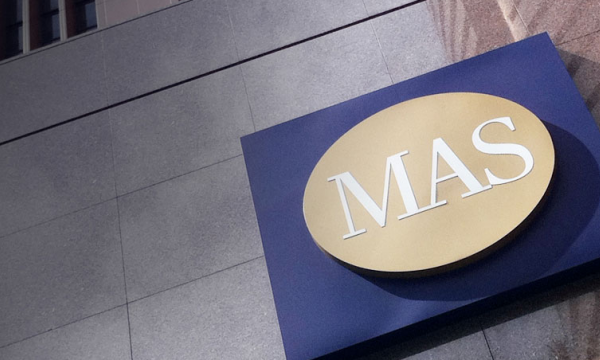
MAS to grant non-bank financial institutions access to FAST, PayNow
Beginning February 2021, NFI e-wallet users will be able to make real-time transfers to banks.
Eligible non-bank financial institutions (NFIs) will be granted direct access to Singapore’s banking system’s retail payments infrastructure—the Fast and Secure Transfers (FAS) and PayNow—beginning February 2021, says the Monetary Authority of Singapore (MAS).
NFIs that are licenced as major payment institutions under the Payment Services Act will be allowed to connect directly to FAST and PayNow. This will enable users of NFI e-wallets to make real-time funds transfers between bank accounts and e-wallets as well as across different e-wallets.
Currently, most e-wallets require the use of debit or credit cards to top-up funds, and funds transfers between e-wallets are not possible.
This also enables businesses that partner any of the 23 FAST or 9 PayNow banks—or e-wallets that have traditionally been closed-loop ecosystems—to receive real-time payments from other users of e-wallets and other mobile banking apps joining FAST or PayNow.
NFIs will be able to connect directly through a new Application Programming Interface (API) payment gateway developed by the Direct FAST Working Group (DFWG), with guidance from the Singapore Clearing House Association (SCHA) and the Association of Banks in Singapore (ABS) that governs FAST and PayNow, respectively.
The API payment gateway is better geared to the technology architecture of banks and NFIs and can also be used by other banks and NFIs in future, according to MAS.
“Direct access by NFIs to FAST and PayNow closes the last-mile gap in Singapore’s e-payments journey. Consumers who may not have ready access to debit or credit cards to fund their e-wallets will now have the option to do so directly through their bank accounts,” said Ravi Menon, managing director of MAS. “Adoption of e-payments will become even more simple for individuals and businesses.”
He added that through this move, the regulator’s vision to enable complete real-time payments interoperability will become a reality.
























 Advertise
Advertise






